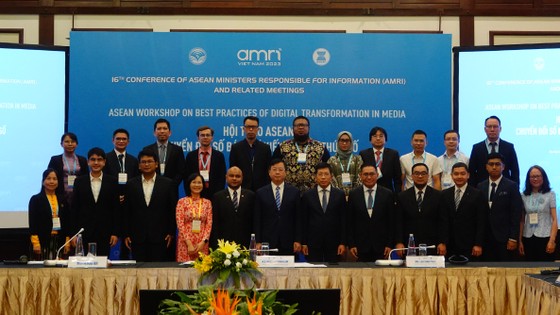 |
| Delegates attending the ASEAN Workshop on Digital Transformation of Journalism and Media. Photo: XUAN QUYNH |
Digital transformation shapes aspects of life
At the workshop, Mr. Nguyen Thanh Lam, Deputy Minister of Information and Communications, said that countries are facing countless opportunities and challenges as digital transformation reshapes every aspect of society, affecting daily life and working habits. This inevitable trend represents a huge breakthrough in economic , social and human development.
In this context, the media industry cannot stand aside. The digital transformation of media is not simply a matter of survival, but it is essential for the industry’s vitality. The consumption habits of media users as well as the process of content creation and dissemination have undergone a rapid and unprecedented transformation.
A new generation of consumers in the digital age has set the pace for adaptation and everything is on the table: market share, advertising, business models, intellectual property, storytelling methods; but most importantly, the ability to inform,educate .
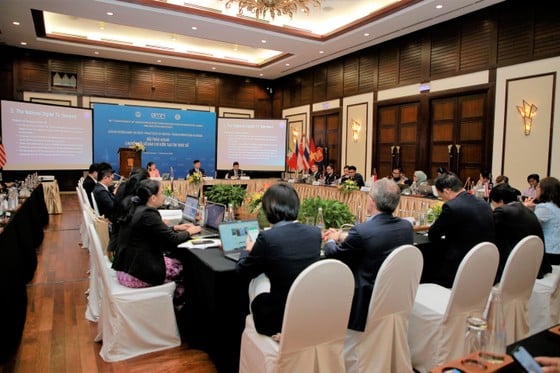 |
| Overview of the workshop. Photo: XUAN QUYNH |
In this new era, the role and mission of the media goes beyond simply disseminating information. It is about harnessing information as a driver of development, transforming information into knowledge and thereby adding value to society, while building a resilient and responsive ASEAN. Our actions and our ability to adapt will shape the years ahead, affecting not only the media landscape but also the development of our nations and the livelihoods of our peoples.
Mechanisms and regulations are the foundation
At the workshop, delegates all agreed that legal regulations are the basis for shaping and developing digital transformation of journalism. Ms. Farida Dewi Maharani, representative of the Indonesian Ministry of Information and Communications Technology, said that Indonesia has a system of regulations on press communications, information, personal data protection, network account management, and online media news. In particular, the press law helps develop press freedom and democracy; creates a fair playing field and a healthy ecosystem for high-quality journalism.
Codes of conduct in broadcasting programs, regulating the film industry, licensing film releases, censorship mechanisms, etc. have also been clearly defined. However, in reality, existing regulations do not fully protect the media industry in cyberspace.
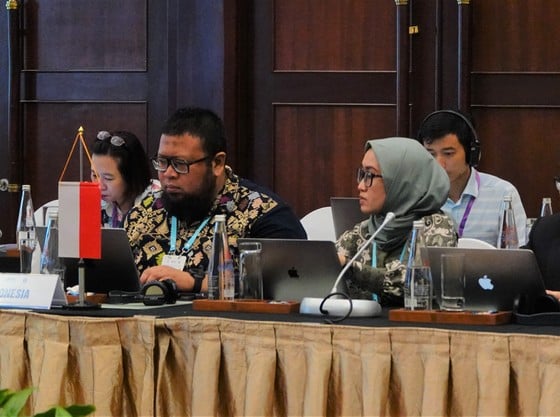 |
| Ms. Farida Dewi Maharani, representative of the Indonesian Ministry of Information and Communications Technology, shared. Photo: XUAN QUYNH |
“We have introduced laws on technology and online development to ensure certainty in electronic transactions, avoid providing false information and defrauding consumers. However, most media laws usually only provide technical protection for information providers, so support from the community and the public is still needed. However, we are trying to develop a press media ecosystem based on three standards to ensure a balance between parties with laws on digital, online news, and news media bargaining rules,” said Ms. Farida Dewi Maharani.
Meanwhile, according to Ms. Ling Muang Pan, representative from Myanmar, the country has made important media reforms in recent times, including the abolition of the 1962 Publishers and Printers Registration Act. In addition, a new press law has been enacted to promote press responsibility and freedom. The media can operate with greater autonomy.
“In 2023, we have made strong digital transformations from traditional to digital and online media, such as developing printing, television and entertainment technology, and the Ministry of Information and Communications plays a major role in management. At the same time, the country's media agencies will be the bridge between the government and the people,” said a representative of Myanmar.
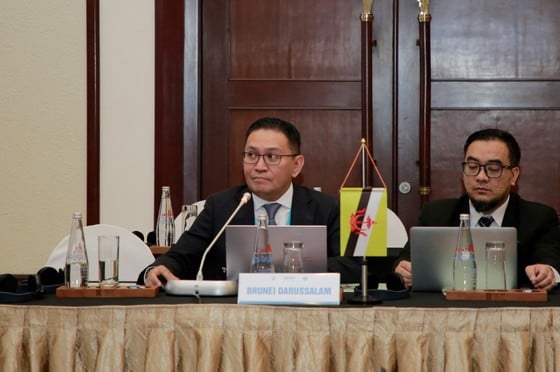 |
| Mr. Zul-Fakhri Maidy, representative from the Ministry of Information and Communications of Brunei presented. Photo: XUAN QUYNH |
Mr. Zul-Fakhri Maidy, representative from the Ministry of Communications and Information of Brunei, said that the government of this country has joined relevant agreements to protect information. The Ministry of Communications and Information of Brunei is the unit responsible for digital transformation. At the same time, the relevant government agencies and offices will also participate in protecting intellectual property rights and protecting cyberspace.
"With the ASEAN region, we hope that members will have to enhance and expand cooperation in the digital technology industry, digital transformation for traditional agencies, such as opening technology training courses, video production, exchanging media content via the internet, between major digital platforms for the press, encouraging raising awareness for people with campaigns to limit infringement," said Mr. Zul-Fakhri Maidy.










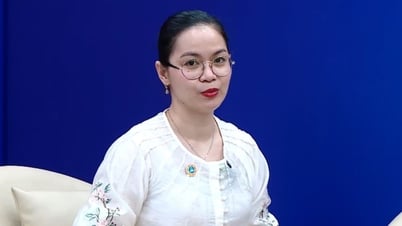



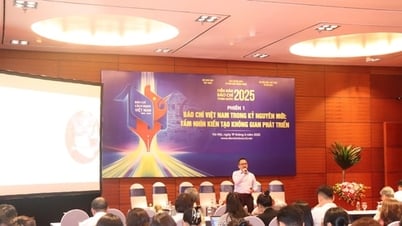

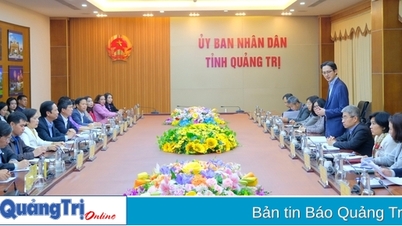

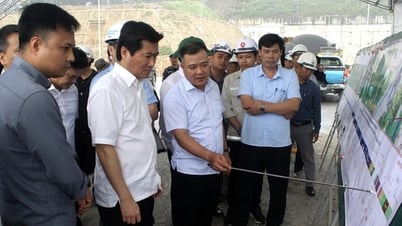

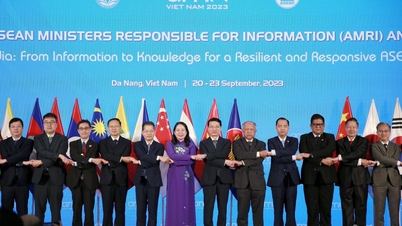





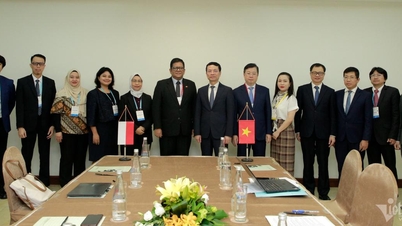
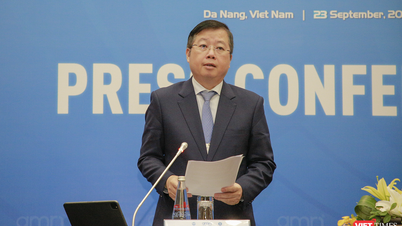




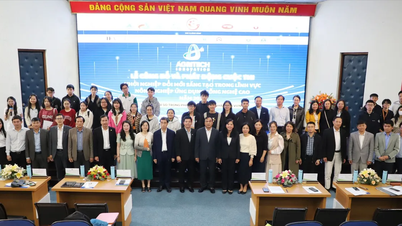
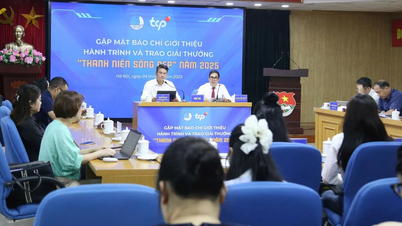
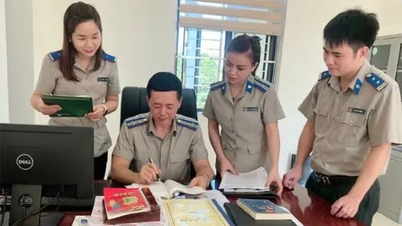
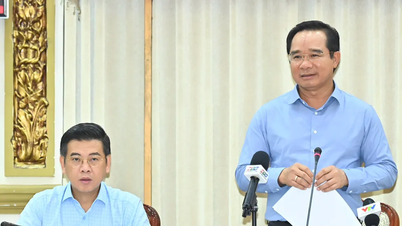


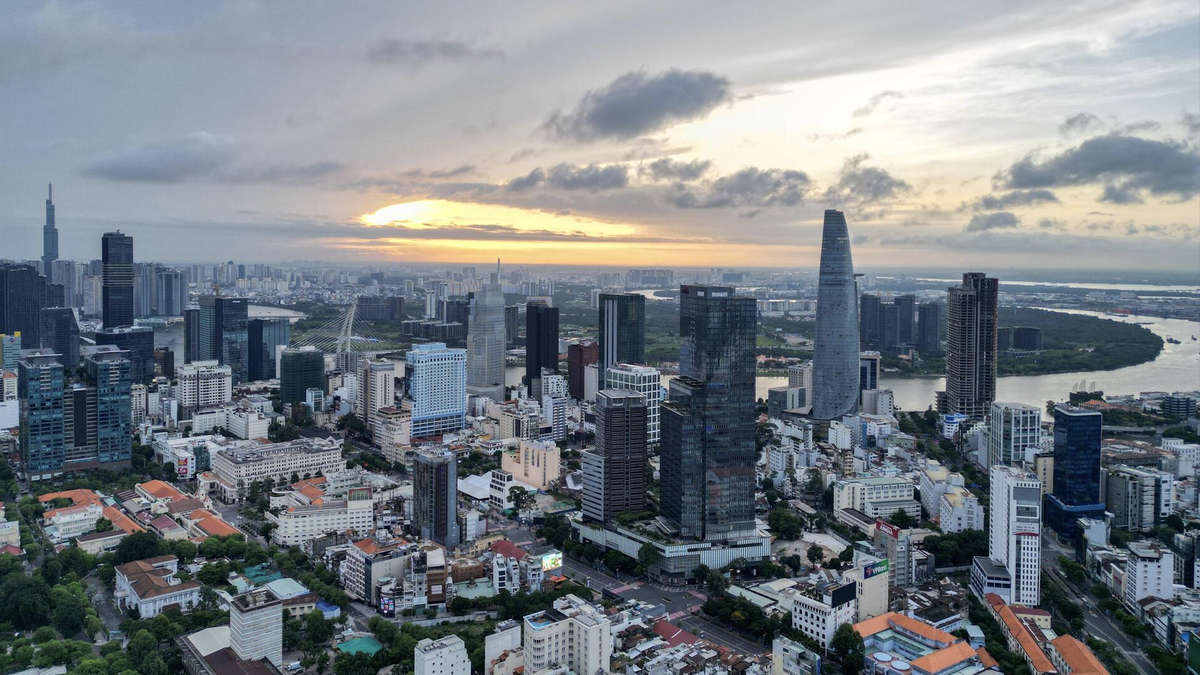
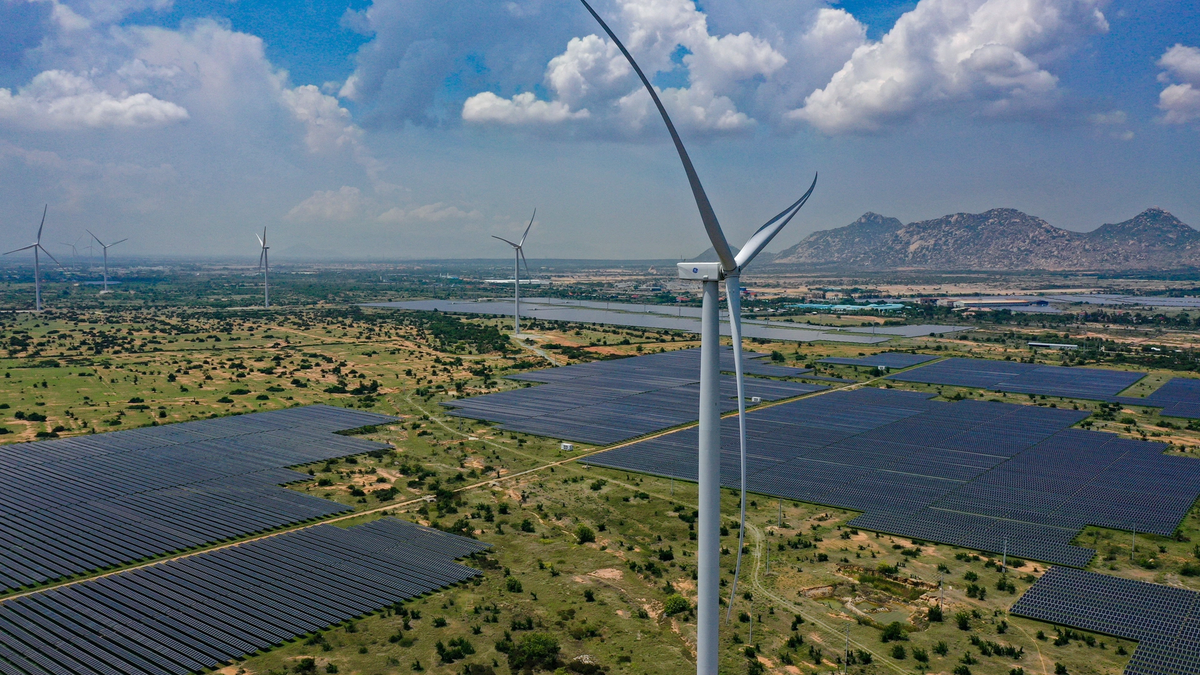








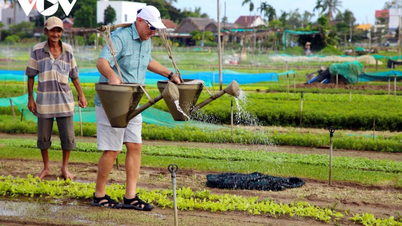

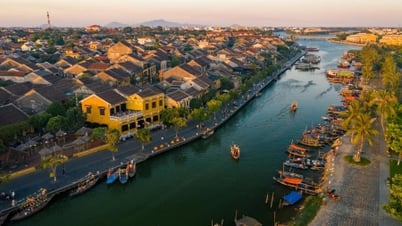

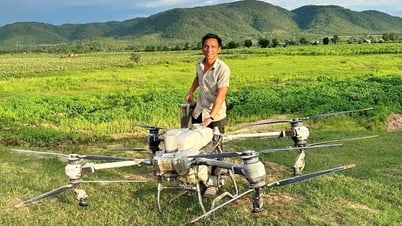

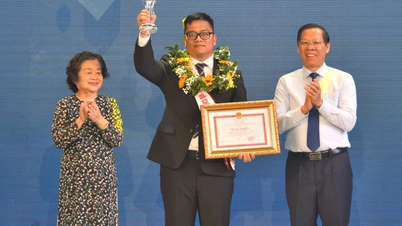






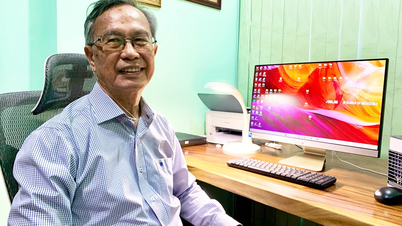
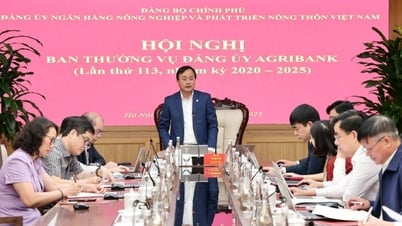



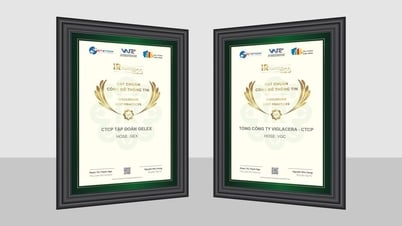

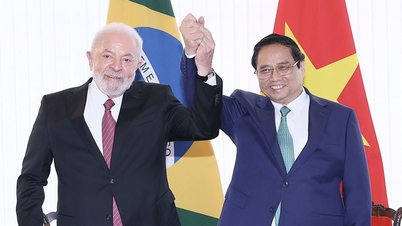




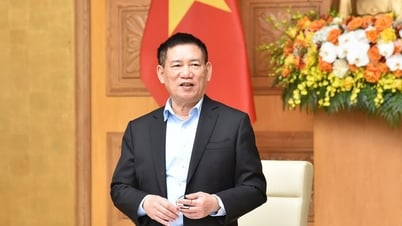


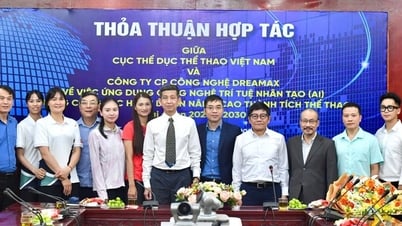

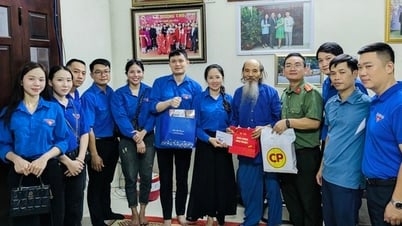

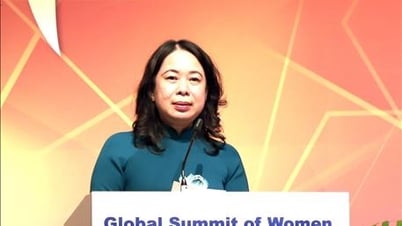

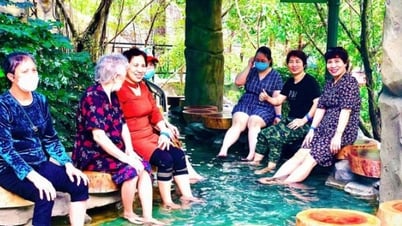



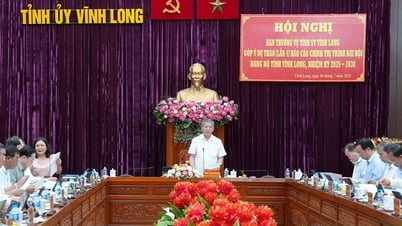

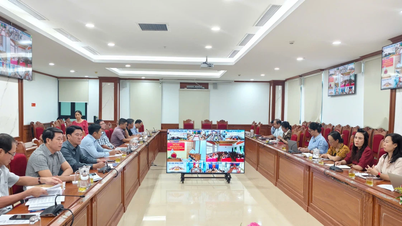





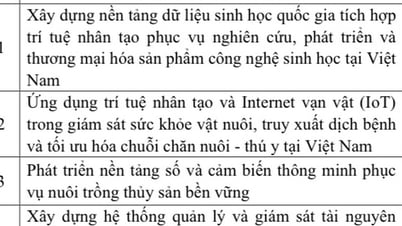










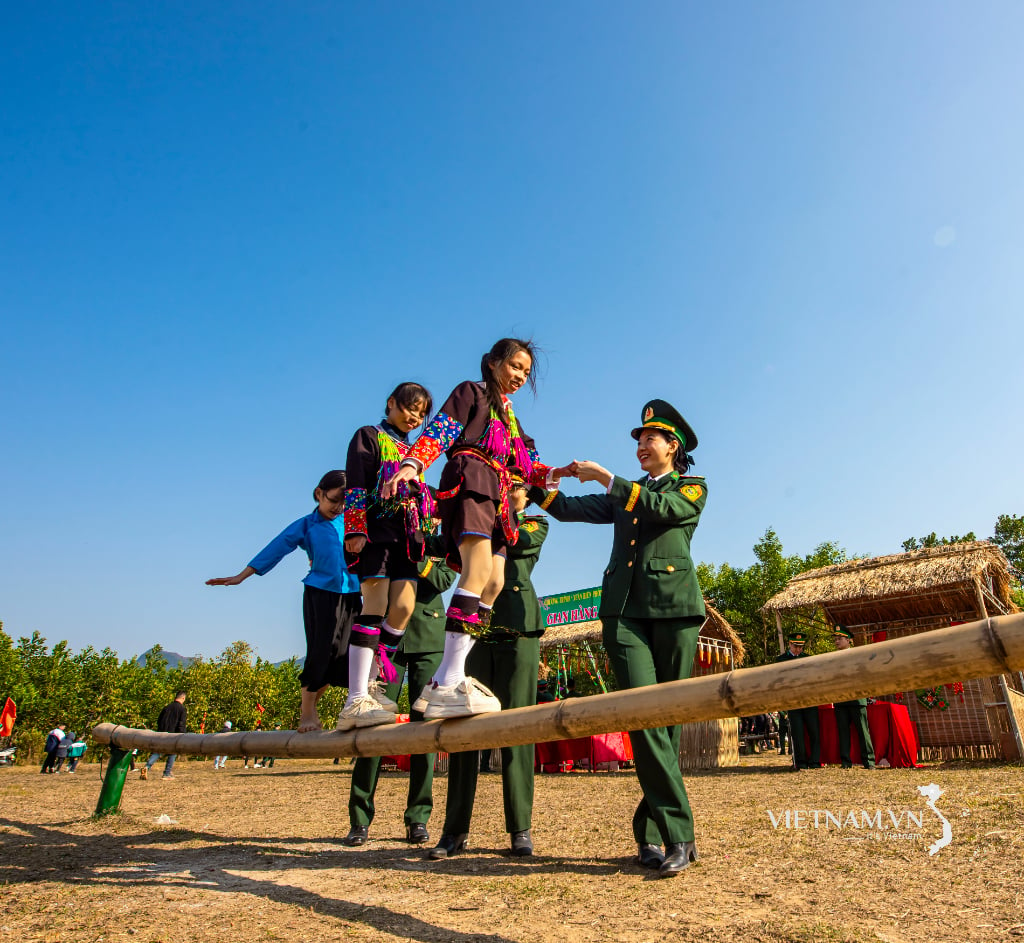
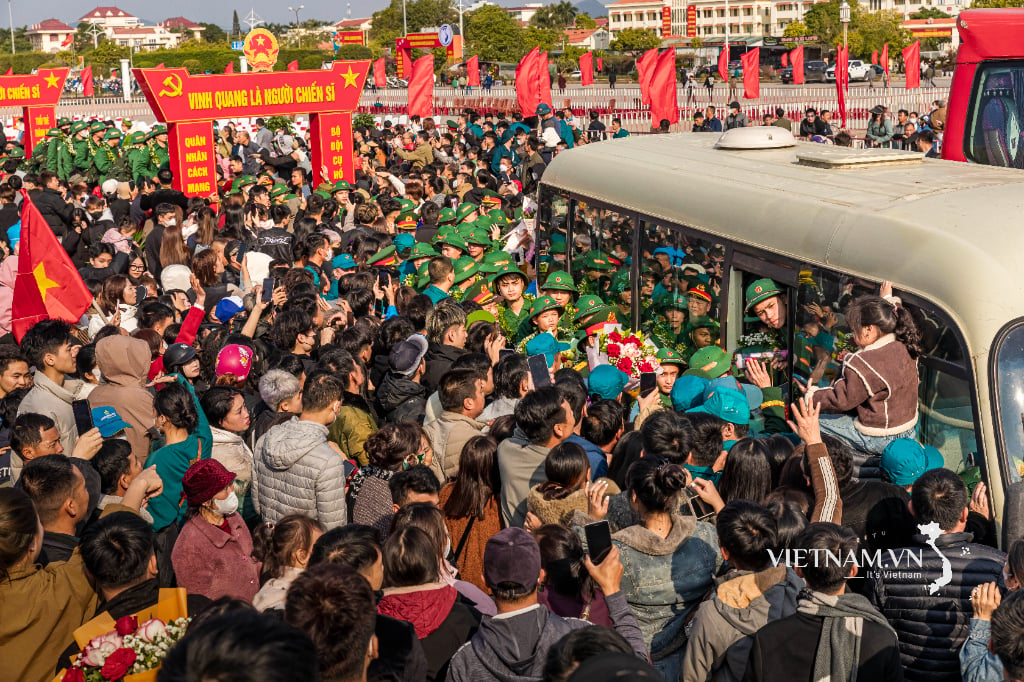
Comment (0)